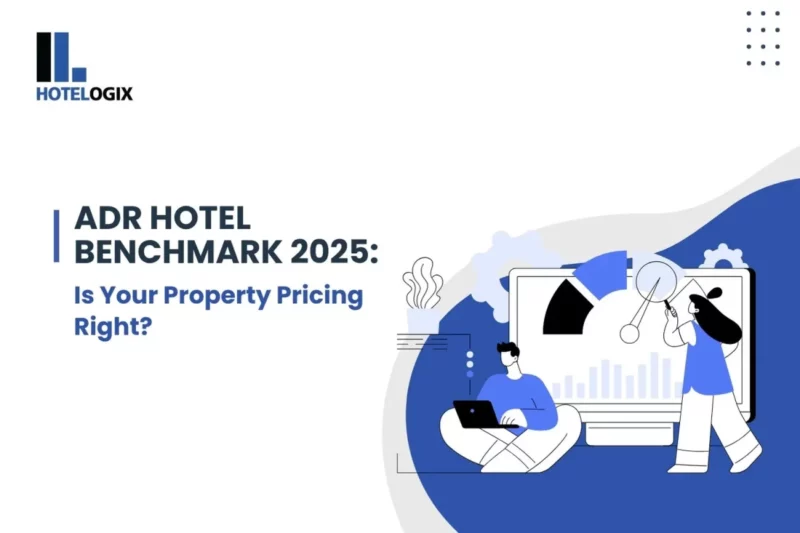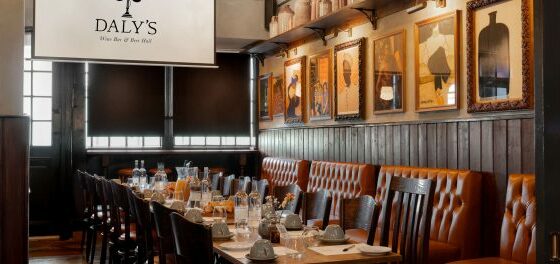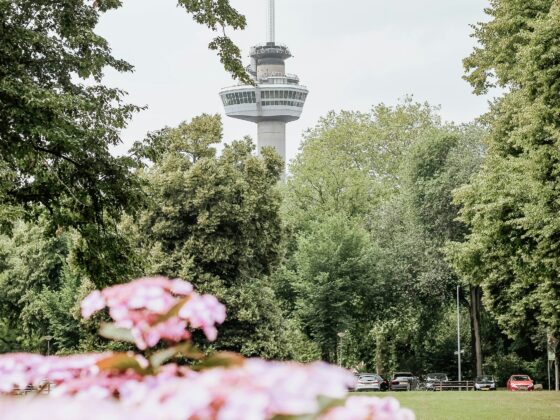
Technology is the backbone of hotel operations in today’s fast-paced hospitality industry. From streamlining reservations to enhancing guest experiences, modern tech tools are essential for staying competitive.
But how do you know if your hotel’s tech stack is keeping up? This article will uncover the fundamental signs that your tech stack may be outdated and provide insights to help you stay ahead in the competitive hospitality market.
What is a hotel tech stack?
Before we delve into the warning signs, let’s first understand what a hotel tech stack is. In simple terms, a hotel tech stack refers to the collection of technology tools, software, and applications that a hotel uses to manage its operations. This includes:
- Reservations and booking systems
- Customer relationship management systems
- Property management systems
- Guest engagement platforms
- Revenue management software
An efficient and up-to-date hotel tech stack is crucial for delivering exceptional service, streamlining operations, and staying ahead of the competition. However, with technology evolving rapidly, it’s easy for a hotel’s tech stack to become outdated.
10 signs your hotel tech stack is outdated
An outdated hotel tech stack can hinder your operations, restrain your revenue potential, and fail to meet guest expectations. How can you tell if your hotel tech stack is outdated? There are a few warning signs to look out for.
1. Manual and paper-based processes
If your hotel still relies on manual and paper-based processes, it clearly indicates that your tech stack is outdated. This approach is not only time-consuming but also prone to errors. Modern technology automates these tasks, boosting efficiency and accuracy.
2. Limited integration capabilities
Manual data transfer between systems suggests your software applications lack seamless integration. This not only wastes valuable time but also increases the risk of errors. An updated tech stack ensures smooth data flow across all platforms, enhancing operational efficiency.
3. Low guest personalization
Failing to track guest preferences and personalize their experiences means missing out on enhancing guest satisfaction. Modern CRM systems enable personalized experiences based on guest history and preferences, fostering loyalty and repeat business.
4. Data is siloed
When data is trapped in silos and inaccessible across departments, it hinders collaboration and decision-making. Modern integrated systems ensure free data flow between departments, facilitating better teamwork and informed decisions.
5. Poor analytics and reporting capabilities
If your current system cannot provide comprehensive and actionable analytics, it’s a sign of outdated technology. Modern systems offer advanced reporting features that help you understand your operations, make data-driven decisions, and improve overall performance.
6. Inefficient revenue management
A lack of robust revenue management features, such as optimizing rates and managing distribution channels, indicates an upgrade is needed. Modern revenue management systems use advanced algorithms and real-time data to maximize revenue potential.
7. Slow system performance
Slow software and hardware that delay processing reservations, check-ins, or other tasks indicate an outdated tech stack. Such inefficiencies can frustrate guests and staff, leading to poor service and productivity. Upgrading to faster, more efficient systems significantly enhances operations and guest satisfaction.
8. Poor data security
Outdated systems that lack the latest security measures, like encryption protocols and regular updates, leave you vulnerable to cyber-attacks and data breaches. Protecting sensitive guest data is crucial, and modern tech stacks include robust cybersecurity measures to maintain trust and compliance.
9. Clunky user interface
If navigating your software is challenging due to a clunky user interface, it’s a sign that your tech stack is outdated. Modern solutions offer intuitive interfaces designed to enhance user experience and boost productivity. A user-friendly interface reduces training time and minimizes errors.
10. Lack of mobile capabilities
In today’s mobile-first world, supporting mobile operations is essential. If your tech stack doesn’t allow staff to manage tasks via mobile devices or offer mobile-friendly guest services, it’s outdated.
Impact of an outdated tech stack
An outdated tech stack can have far-reaching consequences for a hotel. It affects the efficiency of operations, the quality of guest experiences, and the hotel’s competitive position in the market. Here are some of the critical impacts of relying on outdated technology:
Bad guest experience
Today’s travelers expect personalized, frictionless experiences. Outdated technology can result in slow check-in processes and limited self-service options, negatively impacting guest satisfaction and loyalty.
Inefficiencies in operations
An outdated tech stack hampers operational efficiency. Old software and tools often lack features and integrations needed to automate processes, leading to time-consuming manual work, slower operations, and increased chances of errors.
Falling behind competitors
Hotels using the latest technology gain a competitive edge by offering innovative features and services. In contrast, those with outdated tech struggle to keep up with market trends, losing customers to more tech-savvy competitors.
Poor productivity and staff turnover
Outdated tools can frustrate employees, leading to dissatisfaction and decreased efficiency. Staff may struggle to perform tasks effectively, resulting in lower job satisfaction and higher turnover rates.
What to do if your tech stack is obsolete
If you’ve identified the warning signs and realized your hotel tech stack is outdated. Here are a few steps you can take to upgrade your tech stack:
- Evaluate your current systems
- Research and select new solutions
- Create a roadmap for implementation
- Test and fine-tune your new tech stack
- Train your staff
- Monitor and update regularly
Upgrading your hotel tech stack may require significant time, effort, and resources. However, the benefits outweigh the costs. An up-to-date tech stack can streamline operations, enhance guest experiences, and position your hotel as a leader in the industry.
In conclusion
Hotels must periodically assess the state of their tech stack to ensure it remains relevant and effective. By recognizing the warning signs and taking proactive steps to upgrade their technology, they can stay ahead in the competitive hospitality landscape and deliver exceptional experiences to their guests.









